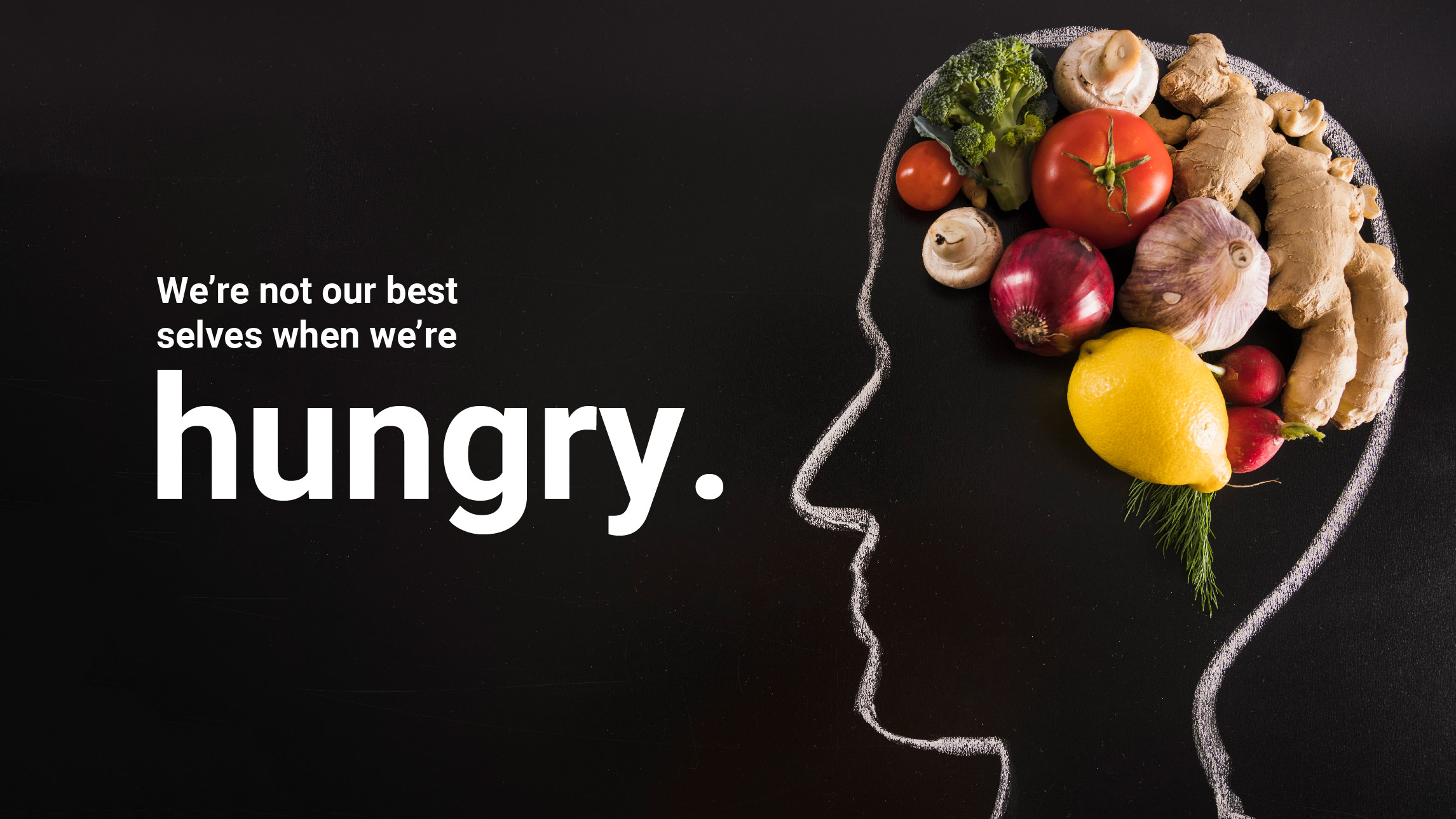Food Insecurity

What is Food Insecurity?
Food insecurity refers to a household or person who can not afford or access food on a regular basis. This can happen for a variety of reasons, such as low wages, high living costs, unemployment, expensive housing, etc. Examples of food insecurity can be eating fewer meals, skipping meals regularly, only having access to or affording unhealthy or overly processed foods, and having to choose between meals or other needs, such as housing, school, bills, etc. Food insecurity has a multitude of effects on people, such as their physical or mental health, well-being, and educational or professional lives, social lives, etc., which can lead to short or long-term ramifications.


Root Causes
The variety of reasons that can be the root causes of food insecurity can be attributed to reaons such as low or lack of unemployment, poverty, expensive housing, or low-wage jobs.

Unemployment
Unemployment is one of the largest reasons that many face insecurity. When a household faces unemployment, they lose the ability to be able to pay for basic necessities, such as food.

Poverty
Due to insecurity in wages or employment, poverty is a direct result of such circumstances. Many face insecurity in income which caues them to priortize other needs that are not food.

Expensive Housing
The increase in the cost of living has burdened many with the choice of having less money to be able to afford other basic necessities, such as food.An increase in housing costs leaves less money for food.

Low Wages
Due inconsistent wages or employment, poverty is a direct result of such circumstances. Low unemployment directly causes a decrease in wages, making it diffcult to purchase food and making difficult choices regarding allocating funds for other necessities.
How Many are Affected?
According to the organization, Feeding America, there are approximately 50 million people in the United States, 14 million being children. Food Insecurity affects people of all ages and can cause a multitude of consequences. Many who experience food insecurity suffer with physical and mental health problems, decrease in well-being, and a decrease in performance in their social, personal, and work lives.

What Can We Do?
There are multiple ways to fight against food insecurity that is running rampant throughout the country. Many of the root causes of food insecurity can be attributed to a lack of resources or financial opportunities. Increasing the aid provided such as nutrition assistance programs, adressing unemployment, and increasing the benefits received, such as supporting policies that address these issues to aid those that need the help. Locally, one might donate or volunteer at hunger relief organizations to directly assist in this ongoing struggle.

